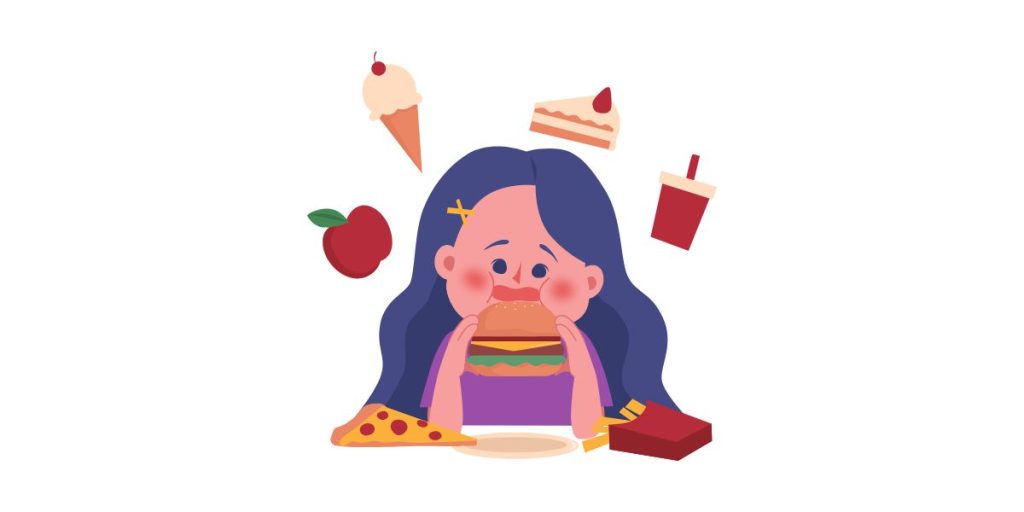According to all available research, dieting and food restrictions are a precursor to eating disorders.
Diets do not always deliver the results they promise. In fact, 97% of the individuals who start dieting end up failing to meet their goals. However, people tend to blame themselves and not the diets for failing to maintain weight loss. Additionally, food restriction causes a binge eating reaction which may persist even after the individual has ceased dieting. To compensate for this reaction, the individual resorts to destructive behaviors such as extreme dieting, starvation, vomiting and over-exercising. All this, lead to low self-esteem and the development of eating disorders among dieting individuals.
Interesting facts about diets
Dieting is an erroneous method of weight loss and 97% of individuals end up failing.
Additionally, a high probability of reactive binge eating is created, which may persist even if the individual ceases dieting. To make up for binge eating, the individual turns to destructive behaviors such as more intensive dieting, fasting, vomiting and over-exercising.
The biochemical effects from the lack of important nutrients caused by dieting promote binge eating and weight gain. Individuals who diet do not respond to the messages their body sends them, which often contradict the diet’s compulsive restrictions. As a result, those who follow a strict hypocaloric diet scheme, not designed based on their individual needs, and who don’t regulate their physical condition using basic blood and biochemical tests as well as their psychological and emotional relationship with food, will inevitably fail.
2 months of perseverance
The maximum period any individual suffering from an eating disorder, or having a disturbed relationship with food, will withstand a strict hypocaloric diet plan was first recorded in the book “Nutritional Intelligence” . It was found to be two months on average.
The next unavoidable step for the individual is to stop following the diet plan, quickly returning to their previous weight level, or ever exceeding it. This spiral will have the individual ceasing to diet in regular two-month intervals, always turning to the next “magic” weight-loss method promising fast results.
Such failed attempts have nothing to do with a lack of a strong will, and everything to do with the deregulation of the body’s natural defense mechanisms. It is not that after two months of effort, the individual’s motivation has ceased to exist, but that the mechanisms of keeping bulimia in check have stopped working efficiently.
If the individual suffering from an eating disorder is not properly treated and they remain oblivious to the mechanisms and techniques required to manage it, they will most likely end up going from one restrictive diet to the other, sinking deeper and deeper in bulimia along the way. Every time the disorder isn’t scientifically and professionally treated, the patient loses valuable time which could have been used for proper treatment.
Bulimia and emotional eating can be managed and treated.
Bulimia and emotional eating are not unbeatable conditions. However, they do not require mere effort, but the proper approach. The first step in treating them is to know them in depth, understand their weaknesses, have a good idea of their symptoms and create strategies that will help us overcome them. In his book Emotional Intelligence Evaggelos Zoumpaneas points out that knowledge is power: By gaining knowledge we learn how to recognize the mechanisms that bulimia takes advantage of to “break” our defenses.
The road to success begins with strengthening our natural defense mechanisms. The Nutritional Intelligence program applied by specialized professionals, aims to develop our nutritional intelligence. This helps us set boundaries, follow a healthy diet plan and adopt a healthy lifestyle for the rest of our lives.
The Nutritional Intelligence program can actually help you. You will develop your own nutritional intelligence and be able to manage emotional eating as well as achieve the ideal physical condition.
The program is exclusively applied by health professionals, graduates of the “Master Practitioner in Eating Disorders” training course.

